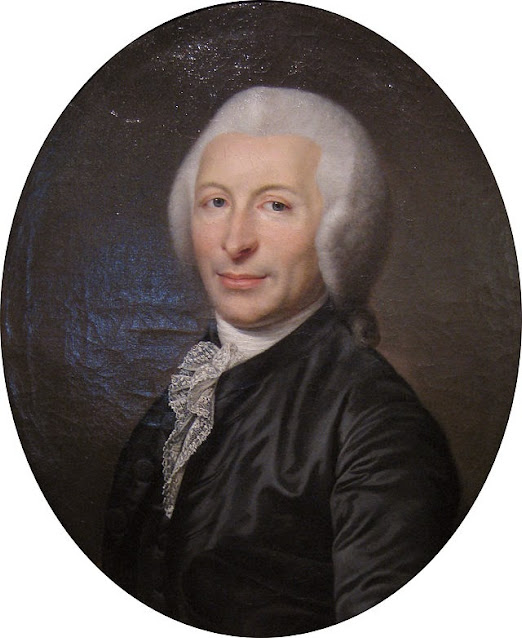An eponym is a person or thing, whether real or fictitious, after which a particular place, tribe, era, discovery, or other item is named or thought to be named.
Gruesome, but merciful?
 |
| photo credit Richard Arthur Norton |
The word ‘guillotine’ is also an eponym, a word that derives from a person’s name.
Joseph Guillotin was an 18th century French physician, who advocated the use of the guillotine as opposed to other forms of execution on the grounds that it was more humane. It is interesting to note that this word has also come to be used in British politics to mean to ‘cut short’ as in "The law was guillotined due to lack of time".
The confusion began on October 10, 1789, when the eminent Parisian physician, a member of the National Assembly during the French Revolution, suggested that a “merciful” beheading device replace the clumsy sword and degrading rope then used by French executioners.
The guillotine was nicknamed the "National Razor" and it was used to execute up to 20 people a day.
Joseph Guillotin was an 18th century French physician, who advocated the use of the guillotine as opposed to other forms of execution on the grounds that it was more humane. It is interesting to note that this word has also come to be used in British politics to mean to ‘cut short’ as in "The law was guillotined due to lack of time".
So, to sum up:
Dr. Joseph Ignace Guillotin (1738–1814) did not invent the guillotine nor did he die by the guillotine.The confusion began on October 10, 1789, when the eminent Parisian physician, a member of the National Assembly during the French Revolution, suggested that a “merciful” beheading device replace the clumsy sword and degrading rope then used by French executioners.
The guillotine was nicknamed the "National Razor" and it was used to execute up to 20 people a day.

